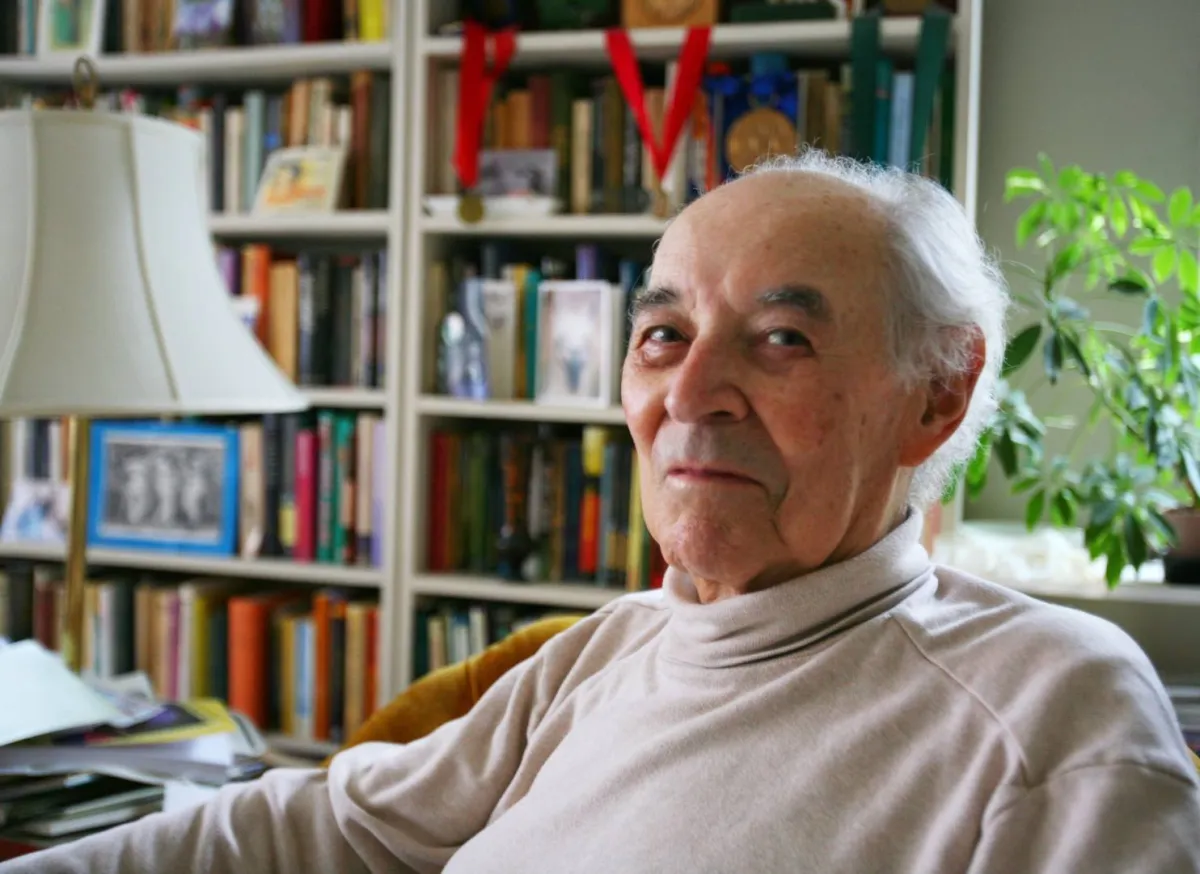Introduction to Gregory Rabassa
Many people may not know the name Gregory Rabassa, but they likely have some of his work in their libraries. Rabassa is a renowned translator who has translated the works of over 30 Spanish and Portuguese writers from Latin America into English. His translations have opened the eyes of English-language readers to the rich wave of modern literature in Latin America, which was inspired by folklore and produced during the "Boom" period by authors such as Julio Cortázar, Mario Vargas Llosa, and Gabriel García Márquez.
The Art of Translation
Rabassa’s memoirs, "If This Be Treason," offer a unique insight into the art of translation. Despite being short, the memoirs are rich in linguistic pleasure, historical facts, and literary references. Rabassa’s writing is like that of a brilliant poet, keeping readers engaged and curious. He asks questions about the nature of translation and whether it is a betrayal of the original text. Rabassa’s goal is to be the best translator possible, conveying the original message in a new language.
Rabassa’s Background and Experience
Rabassa’s background and experience have prepared him well for his work as a translator. He was born to parents who loved words and had a diverse linguistic education. He began his career as a cryptographer for military correspondence, which took him to Europe and Africa. Rabassa’s experience with translation is not just about complexity or inconvenience, but about leading the text to a place of excellence and difference. He believes that a good translation is basically a good reading, and that if you know how to read a text, you can formulate it in your own words.
Translating Famous Authors
Rabassa has translated the works of many famous authors, including Gabriel García Márquez, Juan Benet, and Clarice Lispector. He remembers some authors with great affection, having met them and become friends. Rabassa is hungry for praise and admiration from these writers, but life has not always improved his treatment of them. He tends to shorten and simplify his writing, which may be a trait of experienced translators.
The Special Case of Gabriel García Márquez
Rabassa dedicates more pages to Gabriel García Márquez than any other writer, having translated six of his novels. García Márquez preferred Rabassa’s translations, and Rabassa presents this compliment in a modest style. Despite the quality of his translations and the enormous sales of García Márquez’s books, Rabassa explains that he did not achieve a significant financial return from translating "One Hundred Years of Solitude," which was the first translation of García Márquez’s work.
Politics and Magical Realism
Politics is an inevitable topic in Rabassa’s work, although he tries to avoid it. Magical realism, a term that raises controversy, is a fictional approach that allows Latin American writers to explore the dark aspects of their continent’s history, including exploitation and social oppression. Rabassa briefly mentions this topic, but it is clear that he is aware of the complexities and nuances involved.
The Challenge of Translation
In the final section of his memoirs, Rabassa condemns his supposed betrayal of the original text. He suffers from the same doubts that many translators face, never being satisfied with his work. Some critics have argued that Rabassa’s book is too abbreviated, but it is likely that he intends this brevity. The true stars of the show are the original works, whether in their original language or in translation. Rabassa’s book is not an easy read, but it is a valuable insight into the art of translation and the challenges that come with it.

